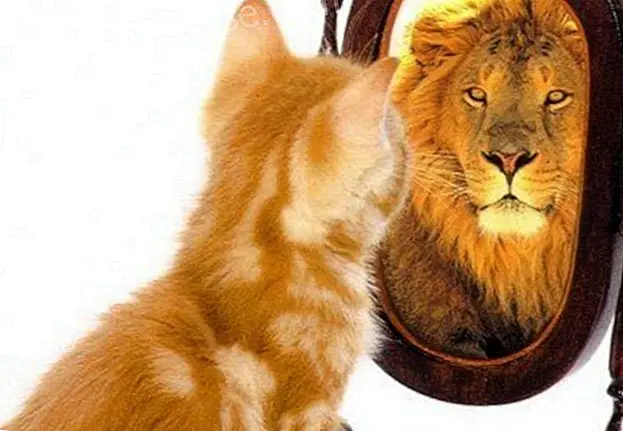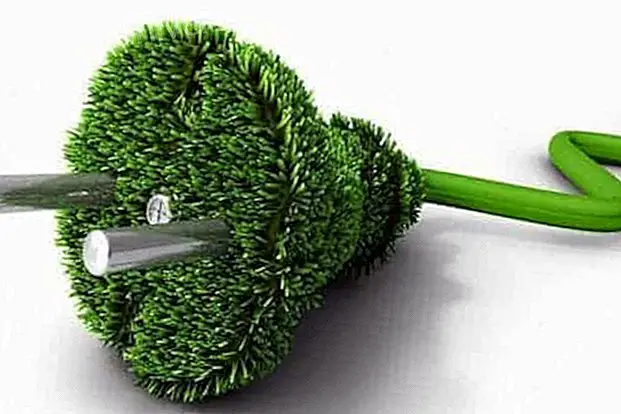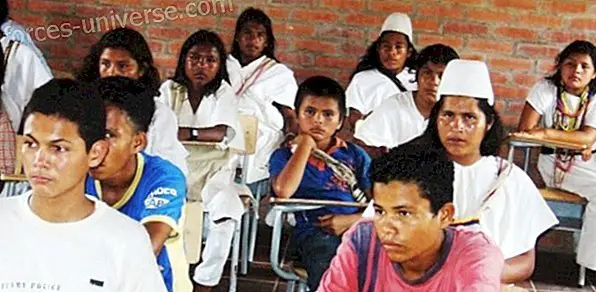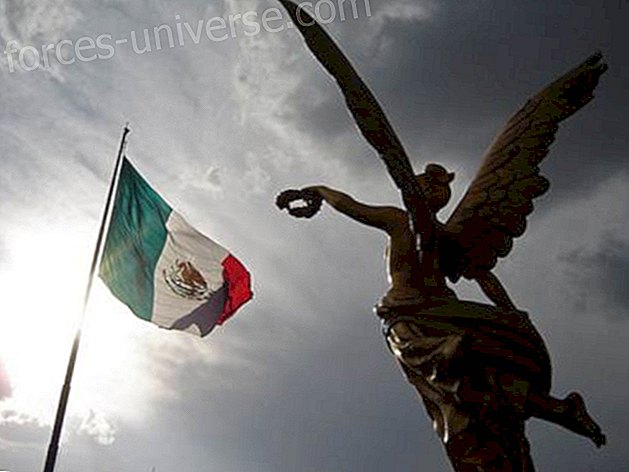Vers. one
Dhiritarashtra said:
- What did the children of Pandu and my people do when they were reunited, impatient to fight, in the sacred plain of Kurukshetra, oh Samjaya?
COMMENT: “The sacred plain” (Dharmakshetra) : it is the place where Dharma or justice is protected
"Kurukshetra": is the land that belongs to the Kurus.
Samjaya: the one who has overcome his likes and dislikes and is, therefore, impartial.
Vers. 2
Samjaya said:
- King Duryodhana, having seen the Pándavas army disposed in combat order, addressed Drona, his teacher, and spoke these words:
- Behold, oh teacher, the powerful army of the sons of Pandu, led by your wise disciple, the son of Drupada.
Vers. 3
Vers. 4
- Here are the heroes, the powerful archers, equal to Bhim and Arjuna in combat: Yuyudhana, Virata and Drupada, impotent warriors with great chariots;
COMMENT: Technically a <> (big car) is a very skilled warrior in the art of war, capable of fighting with one hand against ten thousand archers.
Vers. 5
- Drishtaketu, Chekitana, the brave king of Kasi, Purujit, Kuntibhoja and Saibaya, the best among men;
Vers. 6
- the strong Yuudhamananyu and the brave Uttamanaujas, Abhimanyu - the son of Subhadra and Arjuna - and the children of Draupadi, all of them great heroes with great cars.
- Also know, oh the best among those born twice, the names of our most distinguished warriors, the chiefs of my army. I'm going to name you to meet you.
- You and Bhishma; Karna and Kripa, victorious in war; Asvathama, Vikarna and Jayadratha, the son of Somadatta.
- and also many other heroes willing to give up their lives for me, armed with different weapons and projectiles, all of them dying in combat.
- Our army, led by Bhishma, is insufficient, while yours led by Bhima is sufficient.
Vers. 7
Vers. 8
Vers. 9
Vers. 10
COMETNRIO: Commentators interpret this stanza differently. Sridhara Swami translates "Aparyaptam" by <>, and Ananda Gir as <>.
Vers. eleven
- therefore, all of you, located in your respective posts in the various divisions of the army, protect only Bhishma.
- His glorious grandfather Bhishma, the elder of the Kauravas, roared like a lion and touched his conch to encourage Duryodhana.
Vers. 12
Vers. 13
- 1.13 Following his example, on the side of the Kauravas there was a sudden noise of conch shells and timpani, horns, drums and drums. The din was formidable.
- 1.14 Then also Madhva (Krishna) and the son of Pandu (Arjuna), sitting in their magnificent carriage drawn by white horses, touched their divine conch shells.
- Hrishikesa (Krishna) touched his conch Pa chajanya, Arjuna la Devadatta and Bhima, the one of the terrible feats, touched his great conch Paundra.
Vers. 14
Vers. fifteen
Vers. 16
King Yudhisthira, the son of Kunti, touched the Anantavijaya, and Nakula and Sahadeva respectively played the conch shells Sughoshha and Manipuushpaka
Vers. 17
- The king of Kasi, an excellent archer, Sikhandi, the mighty chariot warrior, Dhristadyumna, Virata and Satyaki, undefeated in combat,
Vers. 18
- Drupada and the children of Draupadi, oh lord of the earth, and the son of Subhadra, with vigorous arms, touched their conch shells.
COMMENT: The touch of the conch shells announced that the battle was about to begin.
Vers. 19
- The tumultuous roar tore the hearts of Dhritarashtra's supporters and rumbled in heaven and on earth.
Vers. twenty
- So, oh lord of the earth, Arjuna, the son of Pandu, the monkey in his teaching, seeing that Dhritarastra's supporters were already in battle order and that the weapons were going to start to be used, took his bow and spoke to him to Krishna.
Vers. 21/22
Arjuna said:
- Oh Krishna, place my car between the two armies so that I can see those here, eager to fight, and know who I have to fight when the battle begins.
- Because I want to observe those who have gathered to fight, wishing to please the evil Duryodhana in the fight.
Vers. 2. 3
V. 24
Samjaya said:
- Lord Krishan, attending Arjuna's request, placed the magnificent car between the two armies, oh Dhritarashtra.
Verse 25
- In front of Bhishma and Drona and all the rulers of the earth, he said: "Oh Arjuna, behold the assembled Kurus."
Verse 26
- Then Arjuna saw there parents and grandparents, teachers, maternal uncles, brothers, children, grandchildren and classmates.
Verse 27
- He also saw in-laws and friends in both armies. The son of Kunti (Arjuna) seeing all these relatives in battle order, spoke with sorrow, seized by compassion.
V. 28
Arjuna said:
- Oh Krishna, seeing all these relatives of mine trained for battle, eager to fight,
- My limbs faint and my mouth dries, my body trembles and my hair bristles.
- The Gandiva bow falls out of my hands and all my skin burns. I can't even stand up, and my mind is spinning.
- I have bad feelings, oh Keshava (the one with leafy hair, Krishna) I see no good in killing my relatives in battle.
Verse 29
Verse 30
V. 31
Keshava (the one with leafy hair, Krishna)
Verse 32
- Because I do not desire victory, oh Krishna, or pleasures, or kingdoms. What would power do for us, oh Krisna, or pleasures, or even life?
- Those for whom we want kingdoms, enjoyments and pleasures are in battle order, and have renounced life and wealth:
- Teachers, parents, children and grandparents, maternal uncles, in-laws, grandchildren, brothers-in-law and other relatives.
Vers.33
V. 34
V. 35
- I would not want to kill them even if they killed me, O Krishna, not even for the dominion of the three worlds, much less for this land.
- What pleasure would we get by killing the children of Dhritarashtra, O Janardana? Killing these criminals would only get sin.
V. 36
COMMENT: “Janardana” means <>
A criminal (atatayi) is someone who burns another's house, poisones, kills with the sword, steals the wealth and lands of others or usurps an alien's wife. Duryodhana had committed all these bad actions.
V. 37
- Therefore, we should not kill our relatives, the children of Dhritarashtra, because how can we be happy by killing our own people, oh Madhava (Krisna)?
V. 38
- Although they, with the intelligence obfuscated by greed, see no evil in the destruction of families, nor sin in hostility against friends,
V. 39
- Why can't we get away from this sin, since we clearly see the evil in the destruction of a family, oh Janardana (Krisna)?
COMMENT: Ignorance of the law does not relieve compliance, and sinful and thoughtless behavior is a crime. It is not worthy of people endowed with knowledge.
Verse 40
- When a family is destroyed, its immemorial religious rites perish with it; When spirituality is destroyed, the family becomes impious.
COMMENT: Here <> (religious rites) are the duties and ceremonies practiced by the family according to the precepts of the scriptures.
V. 41
- When ungodliness prevails, oh Krishna, the women of the family are corrupted, and when women are corrupted, oh Varsneya (descendant of Vrishni, ancestor of Krishna)
Vers 42
- The caste confusion throws the murderers of the family into hell, because their ancestors fall when they do not receive offerings of rice and water balls.
Verse 43
- By these bad actions of the destroyers of the family, which cause caste confusion, the eternal religious rites of the caste and family are destroyed.
Vers.44
- It is said, O Janardana (the one worshiped by humanity "Krishna") that men in whose families religious practices have been destroyed inevitably dwell in hell for an unknown period of time.
V. 45
- We are alas! Committing a great sin by preparing to kill our relatives for coveting the pleasures of a kingdom.
V. 46
- It would be better for me if the children of Dhritarashtra, with weapons in their hands, would kill me in battle without opposing resistance and unarmed.
V. 47
Samjaya said:
- Having spoken like that in the middle of the battlefield, Arjuna threw the bow and arrows and sat in the car seat with his mind mired in pain.
Thus ends the first chapter of the Upanishad of the glorious Bhagavad Guita, the science of the Eternal, the writing of Yoga, the dialogue between Sri Krisna and Arjuna.







